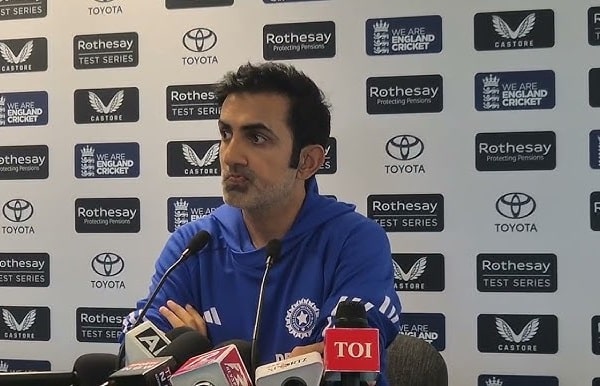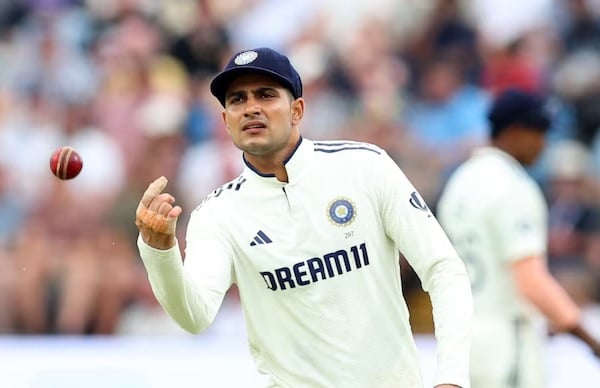India’s five-wicket loss to England in the first Test at Leeds revealed more than just cracks in their bowling attack. While Jasprit Bumrah once again shouldered the burden with a five-wicket haul, the team’s inexperience and overreliance on him stood exposed. But even more crucial to the outcome were two dramatic batting collapses, one in each innings, that derailed India’s advantage and ultimately cost them the match.

India, under the new captaincy of Shubman Gill, had looked in control after putting up a strong total of 471 in the first innings. However, that score could have been considerably higher had it not been for the sudden implosion of their batting line-up. The team lost its last seven wickets for just 41 runs, severely diminishing the dominance they had built. Despite Jasprit Bumrah’s brilliance with the ball, which helped India secure a slender six-run lead, the lack of resistance from the tail-enders hurt their chances.
A near-identical scenario unfolded in the second innings. Once again, India collapsed, this time losing their final six wickets for a mere 31 runs. Their eventual total of 365 set England a target of 371, which the home side, under Ben Stokes’ leadership, chased down with relative ease.

The Indian head coach Gautam Gambhir, while acknowledging the collapse, defended the team’s effort. He dismissed the idea that the tail-enders lacked commitment or discipline, explaining that sometimes even the best-prepared players fall short. “It’s not that they weren’t applying themselves,” Gambhir noted, adding that failure, though disappointing, is part of the game.
He emphasised that the players themselves were more disheartened than anyone else, especially knowing how close they were to putting up an unassailable total, potentially in the range of 570 or 580, that might have secured a victory.
Gautam Gambhir also pointed out a historic and unfortunate milestone for the Indian side. Despite registering five individual centuries in the match, something no team had ever done before and still ended up on the losing side, it wasn’t merely the lower-order failures that led to defeat. He stressed that everyone, including specialist batters, can falter and learning from such experiences is key to improving future performances.

The match also marked Shubman Gill’s debut as Test captain. While he earned praise for his batting, including a composed century in the first innings, his leadership on the field left a more muted impression. However, Gambhir remained optimistic about Gill’s potential, highlighting the natural nervousness that comes with leading a national team for the first time. He lauded Gill’s temperament and suggested that with time and experience, he has the qualities needed to become a successful captain. “He was phenomenal with the bat,” Gambhir remarked, urging critics to be patient as Gill grows into his new role.
We also feel that Shubman Gill should be given more time before people start judging him. What is your take on this matter?




